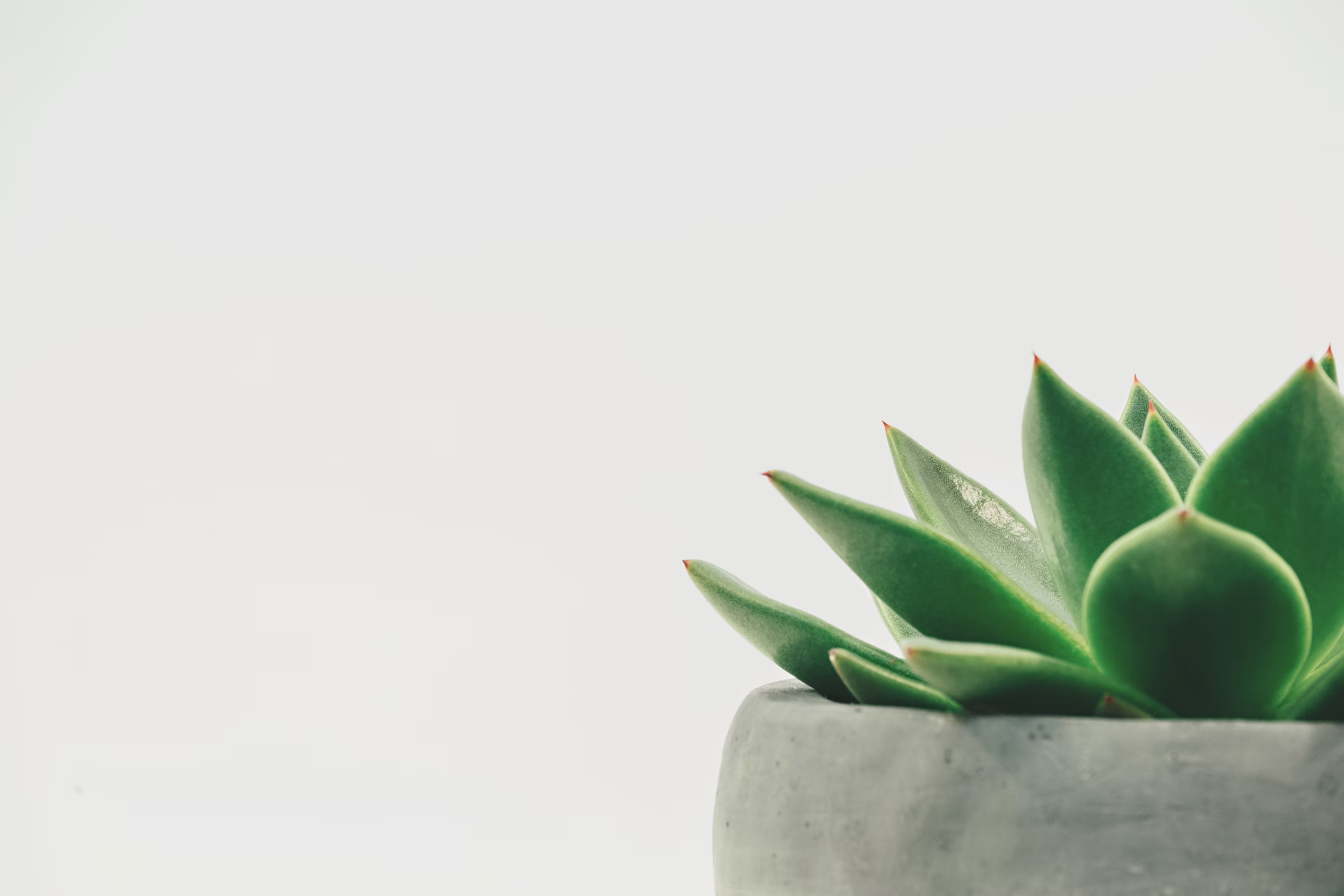Key Takeaways
- Depression and substance use disorders (SUDs) frequently co-occur.
- Having depression may increase your risk of unhealthy substance use, and vice versa. This might be due to shared risk factors and how living with one of these conditions may make you more likely to develop the other.
- In the past, there has been some confusion about the best way to treat co-occurring conditions. Today, providers typically address depression and SUDs at the same time with therapy, group support, and medication (if needed).
Depression and substance use disorders (SUDs) are frequently co-occurring. Research shows that, of people who experience major depression, 16.5% will also have an alcohol use disorder and 18% will have a drug use disorder.
Similarly, people with depression are twice as likely to develop a SUD. This begs the question: Which comes first? While researchers haven’t yet established a direct causal link between depression and SUDs, we know that having one can increase your risk of developing the other. Research suggests four possible reasons why this might be the case:
- One disorder fosters the other: There’s evidence that shows that the experience of living with depression might feed the desire to misuse or use substances in unhealthy ways. Likewise, developing an unhealthy relationship with substances like alcohol or drugs can lead to feeling depressed.
- Similar brain activity: The link between depression and SUD may be due to overlapping neural pathways that could promote both conditions.
- Genetics: It’s possible that a person’s genes can predispose them to living with both depression and a SUD.
- Diagnostic confusion: Sometimes, substance abuse symptoms can lead to or mirror symptoms of depression. This, unfortunately, can lead to misdiagnosis.
How can being depressed lead to substance use?
Major depressive disorder (MDD), often referred to as depression, isn’t a standalone cause of substance use. Many people with MDD will never develop a SUD (and vice versa). However, given that depression and SUDs co-occur frequently, it’s important to consider how they might be connected.
Sometimes, people use substances like drugs and alcohol in unhealthy ways to escape. They might seek to “drown their sorrows” as a way to avoid painful memories or negative emotions like sadness or hopelessness they don’t feel equipped to deal with.
At the same time, many people with mental health conditions like depression never receive a diagnosis or seek treatment. Without support, they may turn to drugs or alcohol as a way to dull the emotional pain they experience.
The care you need, when you need it
Learn how Rula can support your mental health journey
Can substance use disorder cause depression?
Whether it’s to numb uncomfortable feelings or self-medicate, using substances may provide some temporary relief. However, this solution often creates new problems or worsens existing problems. It can lead to a problematic cycle, which, in turn, can negatively affect a person’s mood and increase their risk of depression.
For example, let’s imagine that a person is struggling to control their drinking. They might start avoiding social activities, instead preferring to stay home alone. Their eating and sleeping habits might be disrupted, and this takes a toll on their physical health. All of these outcomes may lead a person to feel more depressed, even if they don’t meet the full diagnostic criteria for MDD.
How are depression and co-occurring substance use disorders treated?
Living with co-occurring conditions can make it challenging to determine the type of treatment you may need. In the past, the prevailing wisdom was a person must first address their substance use for depression treatment to be effective. Today, we know this isn’t necessarily the case. Many mental health professionals use an approach called integrated intervention to address depression and SUDs simultaneously.
Depending on your symptoms and situation, your provider may recommend detoxification, or detox, services before you access other forms of care. This experience allows you, if needed, to rid your body of harmful substances under medical supervision. Detox can help you clear your mind and regain your physical strength so you can make the most of other forms of support.
From there, depression and co-occurring SUDs can be treated in a variety of settings. While some people may benefit from inpatient care, outpatient treatment is also common. Regardless of the setting, your treatment plan for co-occurring depression and a SUD may incorporate any of the following:
- Individual therapy: Specifically, cognitive behavioral therapy (CBT) can help you cope with unique challenges of living with co-occuring conditions. It can also help you learn new ways to manage stress and interrupt unhelpful thought and behavior patterns.
- Support groups: There are many different types of support groups you can join in person or online. Being in community with other people who know what you’re going through can help you feel more connected and less alone.
- Medication: Sometimes, medication is used to help alleviate uncomfortable withdrawal symptoms, prevent further unhealthy substance use, and manage depression. You and your providers can discuss whether or not this option is right for you.
Find care with Rula
Living with depression and a co-occuring SUD can be a confusing experience. You might wonder if one condition caused the other. Or you might not know which type of treatment can effectively meet your needs.�
Rest assured, if you’re experiencing depression along with SUD, you don’t have to know the reasons why or which one you developed first to ask for support. Many effective treatments can help you strengthen your mental health, no matter the concerns you’re facing.
When you need accessible, affordable mental health care, we invite you to explore Rula. With our therapist-matching program, you can find a provider who takes your insurance and schedule your first appointment in just a few clicks. Whether you need individual, family, our couples therapy, we’re committed to making it easier to find the right care for your needs.

About the author
Liz Talago
Liz Talago, M.ed. is a mental health professional turned content writer and strategist based in the Detroit metro area. As an independent consultant for mental health organizations, Liz creates meaningful connections between brands and their audiences through strategic storytelling. Liz is known for championing diverse perspectives within the mental health industry and translating bold ideas into inspiring, affirming digital experiences.
In her free time, you can find her hiking with her two German Shepherds, puttering around her dahlia garden, or spending time with her family.
Rula's editorial process
Rula's editorial team is on a mission to make science-backed mental health insights accessible and practical for every person seeking to better understand or improve mental wellness.
Members of Rula’s clinical leadership team and other expert providers contribute to all published content, offering guidance on themes and insights based on their firsthand experience in the field. Every piece of content is thoroughly reviewed by a clinician before publishing.




